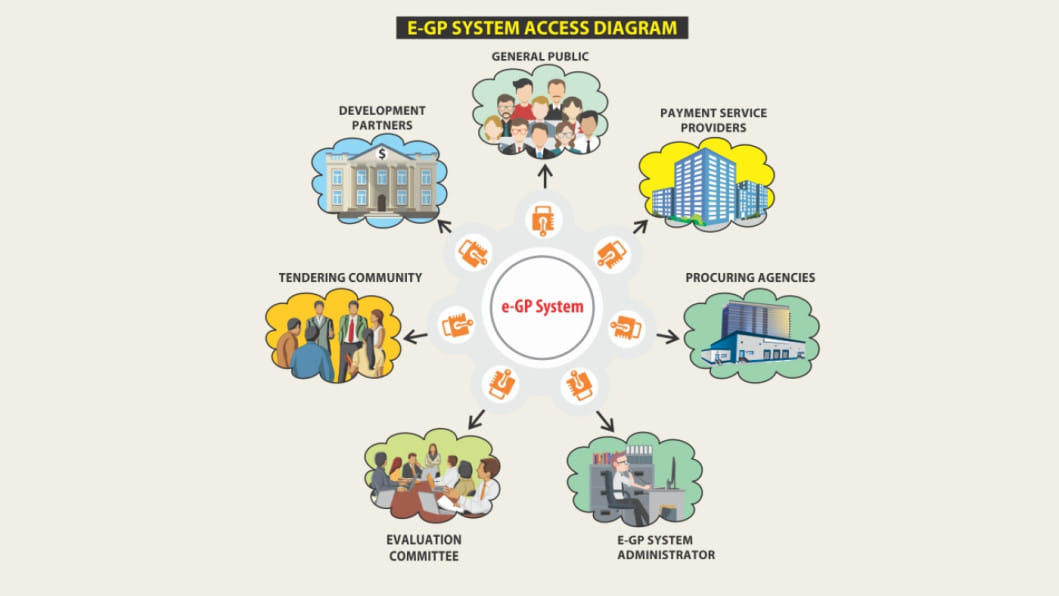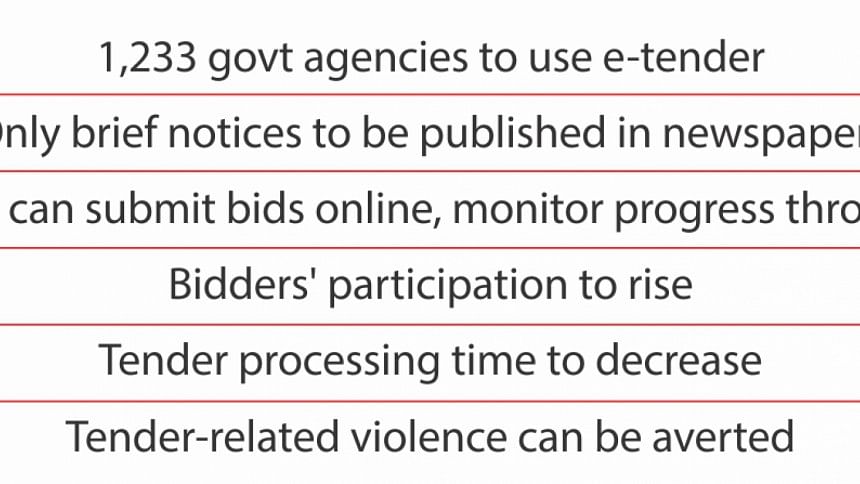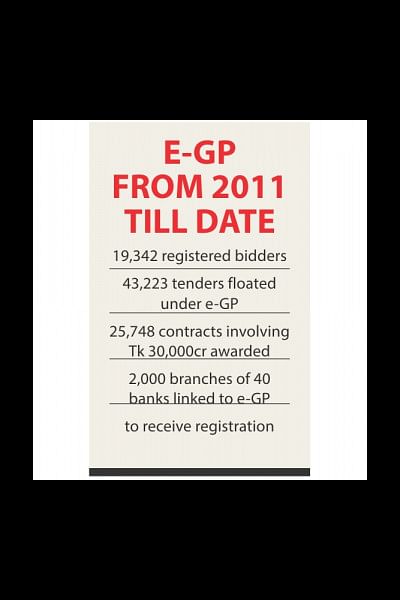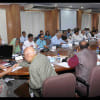Govt's bidding system to become fully online by year-end

The government is going to scrap the traditional tender floating system and introduce a full-fledged online tendering method for all public purchases from December, say planning ministry officials.
Once this electronic procurement system called e-GP gets going in full swing, tender notices will no longer be published in newspapers. Instead, they will be posted on the e-GP web portal.
Local and international firms would be able to participate in the process online, they said.
The move is expected to increase bidding participation, cut down tender processing time and also check occasional incidents of violence during bid submission.
A new data centre would be set up at the Central Procurement Technical Unit (CPTU) under the planning ministry by September to bring the purchase process of 1,233 government offices under the e-GP system, said the officials.

At the same time, the government is also digitising the approval process of the cabinet committee on purchase, the highest authority over approval of public procurement, said sources at the CPTU.
This means, procurement-related files will be electronically sent to different officials and decision makers for review before the purchase committee meets to approve procurement.
The committee usually sits once a week and the line ministries send it around 30 sets of documents with 100 to 2,000 pages for each proposal.

The annual public spending now stands around $10 billion a year.
The new initiative is based on five years of successful limited-scale electronic tendering introduced at four government agencies in 2011. They are local government and engineering department, roads and highways department, Bangladesh Rural Electrification Board and Bangladesh Water Development Board.
Later, other government agencies started procuring goods and services worth below Tk 50 crore under the new method. Now one-fifth of all procurements is done electronically.
“The e-GP is an integrated and comprehensive system that accommodates the entire cycle of public procurement -- from planning to execution,” said CPTU Director General Faruque Hossain.
By December, the websites of all procurement offices would be linked with the central e-GP portal where tender notices will be published, he added.
Bidders registered with the e-GP would be able to keep track of tender advertisements, evaluation results and the contract award process. They would no longer need to submit physical documents to the procurement authorities.
Instead of publishing a detailed tender notice in newspapers, bidding authorities will run a brief notice in newspapers on the floating of tenders online. This would slash the government spending on newspaper advertisements, said CPTU officials.
They, however, could not give any figure.
The World Bank has been providing financial and technical assistance for digitising the entire procurement process, and it has resulted in wider participation of bidders.
According to a recent WB study, the number of bidders per tender rose to seven in 2015 from four in 2007. The processing time -- from floating of tenders to awarding those -- dropped to 29 days last year from 51 days in 2012.
“Bangladesh has been gradually transforming its public procurement with innovations, and introduced electronic procurement and online performance measurement system,” said Zafrul Islam, lead procurement specialist and Task Team leader of the WB's Public Procurement Reform Project II.
And it contributed significantly to the enhancement of efficiency and transparency of the public procurement system, he said.
This system is helping the government implement the national budget more efficiently, Zafrul added.
The WB has been assisting the government in this regard from 2002 through three back-to-back projects.

 For all latest news, follow The Daily Star's Google News channel.
For all latest news, follow The Daily Star's Google News channel. 








Comments